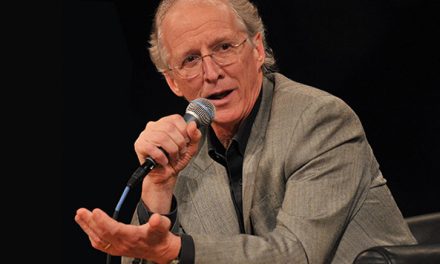“You believe that there is one God. You do well. Even the demons believe—and tremble!”
–James 2:19 (NKJV)
Is there a type of faith that does not save? Is it possible to believe the facts about the gospel, that they are true, but yet be lost?
It’s possible as the demons are said to have a faith in God, but it’s certainly not a saving faith. The demons believe and fear God in a sense, but they have not placed their trust in God as they are at war with Him. This is not to say that demons are offered the gospel (they are not), but the verse above is making the point that there is such a thing as a faith that does not save.
So what is saving faith? Reformed theologians have generally held to a threefold division of what is the nature of saving faith; that is notia (knowledge), assensus (assent) and fiducia (trust).
Notia (Knowledge)
You must know what you believe, otherwise how can you believe in something you know nothing about? You must have a certain knowledge of the truth.[1]Anything else is merely ignorant mysticism masquerading as faith.
Assensus (Assent)
Not only must you know what the truth of the gospel is, not exhaustively, simply that the person and work of Christ as sufficient for salvation, and you must also believe that it is true. Some think that if you assent that the gospel is true then you are saved. The demons believed but were not saved, as we saw above in James 2:19. There is another example of a mere mental assent to the facts of the gospel in Acts 26:27 when Paul says “King Agrippa, do you believe the prophets? I know that you do believe.” Paul is clearly not telling King Agrippa that he has saving faith, but that he believes the facts, intellectually, of what the prophets were saying.
Fiducia (Trust)
This is not in addition to faith, as some mistakenly believe, but identifies a different type of faith which is not merely intellectual in nature. Saving faith places it confidence and trust in Christ Jesus alone.
To explain further let us look at this analogy of what it means to believe intellectually but not have trust. Many know that flying in a plane is the safest form of transport, yet many are terrified of flying. In fact, we all see in front of us far more car accidents, and people being killed behind the wheel, than we do with planes. But some people will not fly, even though intellectually they can be told and believe that planes are safe, yet they simply do not trust them enough to fly in one. No matter how much data you might show, some people will never want to fly and will always be nervous doing so. They simply do not trust flying, yet they do trust their cars.
In order to be saved we need to trust Christ alone for our right standing before God, not simple affirming intellectual facts about the gospel. What kind of faith do you have? Are you sure that it is a saving faith?[2]
[1]1 Timothy 2:4
[2]Romans 4:3
Related Sermon:





